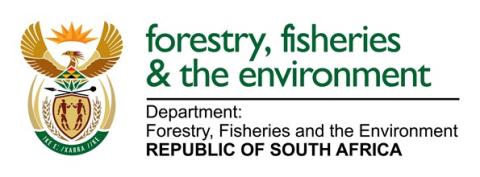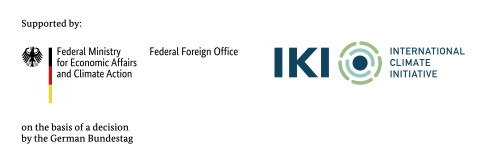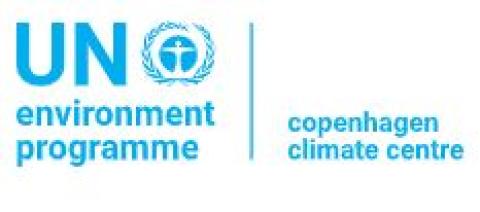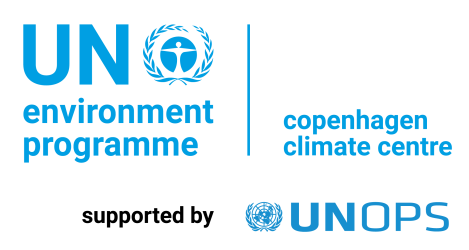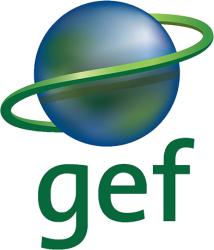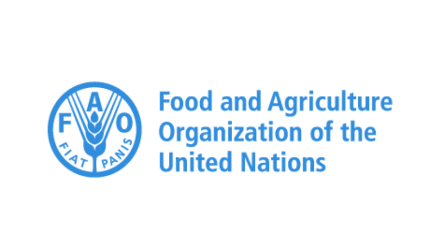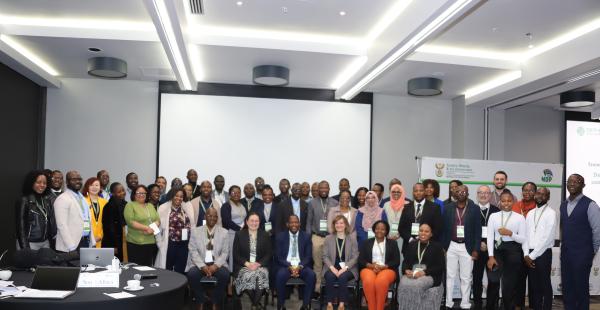
Anglophone Africa Regional Workshop on “Deep dive into tracking NDC mitigation commitments under the Paris Agreement” [May, 16 - 18 | Pretoria, South Africa]
16th-18th of May 2023, Pretoria, South Africa
Co-organized by The Partnership on Transparency in the Paris Agreement (PATPA) and The Capacity Building Initiative for Transparency - Global Support Programme (CBIT-GSP) and hosted by the Government of South Africa through the Department of Forestry, Fisheries and the Environment (DFFE)
The three-day workshop on tracking and implementing Nationally Determined Contributions (NDCs) under the Paris Agreement was successfully completed. The aim was to equip national teams across anglophone Africa, responsible for reporting NDC mitigation commitments, with a deeper understanding of the associated goals, principles, and actions. The participating professionals represented a variety of countries, including Botswana, Eswatini, Ethiopia, Gambia, Ghana, Kenya, Lesotho, Liberia, Malawi, Mauritius, Namibia, Rwanda, Seychelles, Sierra Leone, South Africa, South Sudan, Tanzania, Uganda, Zambia, and Zimbabwe. The dedication, passion, and enthusiasm demonstrated by the attendees led to a rewarding and educational experience for all involved.
The methodology of the workshop included hands-on technical exercises, sharing of international best practices, leveraging global experiences, and engaging in practical mitigation assessments. The sessions were planned around presentations, peer-to-peer discussions, practical exercises, and evaluation sessions, facilitating a dynamic and interactive learning environment.
The workshop delved into a range of topics such as data needs, the provisions of the Enhanced Transparency Framework (ETF) and Measurement, Reporting, and Verification (MRV) guidelines related to NDC tracking, identifying and compiling NDC indicators, as well as addressing issues that arise from inconsistent, incomplete, and changed data. Furthermore, the workshop took the attendees through a systematic guide to identify and compile NDC indicators. Practical examples of Rwanda's mitigation and adaptation indicators were utilized to provide real-life insights.
One of the key themes emphasized during the workshop was the importance of ex-ante emissions estimations, or projections. These are essential in creating scenarios for net-zero emissions and for assessing a countries' progress in achieving their NDCs. The attendees were introduced to concepts and tools to develop projections, detailing emission estimation drivers, data requirements, assumptions, and outputs.
On the other hand special attention was given to ex-post emissions estimations, underscoring the significance of tracking progress to ascertain if a mitigation initiative is on track and implemented as planned. The workshop discussed progress indicators, aggregate emissions reduction measurements from mitigation actions, and the identification of co-benefits of mitigation actions for sustainable development.
Lastly, the workshop focused on tracking and reporting, building the capacity of Anglophone African countries to track their NDC mitigation commitments. The use of Biennial Transparency Report (BTR) tables, the Common Tabular Format (CTF) tables, and the countries' National Greenhouse Gas (GHG) Inventory for NDC tracking was stressed. The participants had the opportunity to practice filling these tables using data from their countries, guided by examples from nations like Mauritius, Tunisia, Australia, New Zealand, Canada, USA, Ireland, Japan, and Saudi Arabia.
Throughout the workshop, the importance of high-quality data for transparent and credible mitigation assessments was highlighted, differentiating between bottom-up data (collected at the source or project level) and top-down data (macro-level statistics collected at the jurisdiction or sector level). The necessity of investing in Quality Assurance and Quality Control of the data was underlined, along with discussions on potential solutions for data insufficiencies like proxy indicators or data.
The workshop succeeded in achieving its aim of familiarising countries with NDC tracking concepts and useful tools with practical hands-on examples, sharing experiences and best practices in tracking and implementing NDCs, identifying gaps and challenges in the process, and exploring ways to address them. It further provided an opportunity for attendees to offer feedback on the workshop and suggest ways to improve future events. A profound thank you goes out to everyone who participated and contributed to making this workshop a success.
The agenda and a detailed workshop report can be downloaded on the right margin.
Please click on the links below to download the presentations and materials of each day.
Day 1:
CBIT GSP - training workshop objectives, content, and format.pdf
CBIT GSP - ETF and MPGs for tracking NDCs.pdf
Elements on Mitigation assessments.pdf
CBIT GSP - LEAP presentation.pdf
The GACMO model presentation.pdf
Solution to GACMO exercises.pdf
Gacmo exercise Day 1 excel
Gacmo country x excel
Mauritius - Country presentations of NDC-mitigation section.pdf
Zimbabwe_ Country_presentation CBIT GSP - NDC-mitigation section.pdf
Day 2:
Projections and Mitigation tracking.pdf
Presentation: Use cases of both LEAP and GACMO
Definition of NDC indicators.pdf
Presentation: Ghana’s NDC tracking tool
Introduction to BTR contents and UNFCCC reporting tools.pdf
Exercises - Filling BTR tables.pdf
LEAP as a supporting tool to estimate ex ante mitigation actions.pdf
Exercise with GACMO model_Day2.pdf
Day 3:
Exercise with GACMO model_Day3.pdf
Example of a reporting tool- FAO reporting tool.pdf
NDC tracking Tool FAO_Exercise_Zambia.pdf
Data needs and dealing with insufficient data.pdf
Lesotho_Country presentations of NDC-mitigation section.pdf
South Africa_ presentations tracking of mitigation initiatives.pdf
PATPA “Linkages between NDCs and the ETF” and BTR Roadmap tool.pdf
The realization of the event was made possible thanks to the following organizations:


